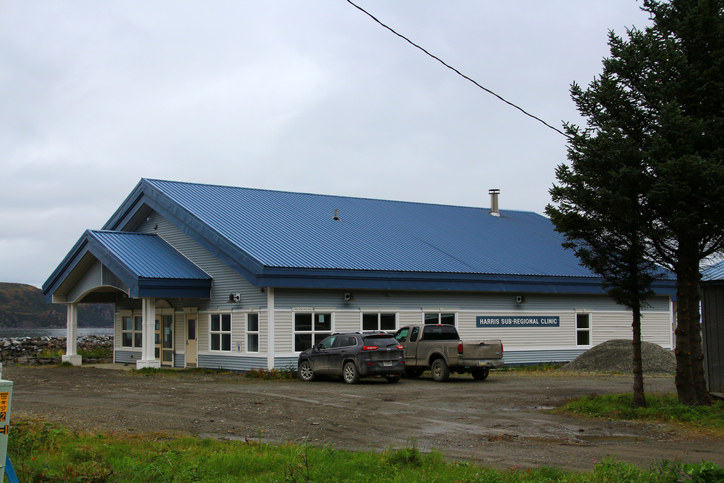Good healthcare is essential to a thriving community. And hospitals are the very heart of many rural communities. It’s where our babies are born, where we take our kids when they fall off an ATV, and where we rush our parents when they have chest pain. At this moment, it’s also where we count on lifesaving treatment if COVID-19 hits our community.
Often the largest employer in the area, rural hospitals are essential to local economies and, as such, are crucial community assets. Yet, shifting demographics, provider shortages, and an increasingly complex payment system have presented grave financial challenges to hospitals in rural communities. In fact, over 130 rural hospitals across 33 states have closed since 2010.
The loss of healthcare services is devastating for people living in rural communities. But growing activism shows that people are up for the fight to advance health equity in rural communities.
Obstetric Deserts
Increasingly, large hospital corporations are acquiring small, struggling rural hospitals to expand their market footprint. Too often, maternal services become a casualty. This harrowing trend is creating obstetric deserts in rural areas across the country — and threatens to exacerbate already high maternal morbidity and mortality rates and infant mortality rates.
Labor and Delivery nurses at Ashtabula County Medical Center did not take it lightly when their hospital lost its sole maternity services unit. The closure of their unit means that expectant mothers must now travel over fifty miles to access maternal hospital services. Like rural activists in other obstetric deserts, the Ashtabula nurses know expectant mothers and their babies deserve better than hour-long drives to the city when labor hits or unplanned births at home or in emergency departments.
With the support of their union, the Ohio Nurses Association, the nurses took the fight to the community and to the courts. Their lawsuit, filed against the Medical Center’s corporate affiliate, Cleveland Clinic, sought to prevent closure of the unit, alleging a severe negative impact on women’s health, sex discrimination against expectant mothers in violation of the Affordable Care Act, and a violation of the nurses’ union contract. They also organized a community campaign, including urging Ashtabula City Councilors to pen a letter imploring decisionmakers to reconsider the closure in light of its impact on economically challenged families and mothers facing high-risk pregnancies.
The Ashtabula nurses lost their lawsuit. Their Labor and Delivery unit is currently closed. But the fight isn’t over, as the nurses are pressing forward on potential violations of their union contract.
Racial Health Inequities
Closure was a predictable outcome when Vidant Health purchased Pungo District Hospital, a small community hospital in the largely Black town of Belhaven, North Carolina. Pungo Hospital served two of North Carolina’s poorest counties (Hyde and Beaufort) and was one of the nation’s first critical access hospitals, a designation aimed at protecting access to healthcare services in rural communities.
The fight to keep Pungo Hospital reached its peak when Belhaven’s then-mayor Adam O’Neal joined Reverend William Barber II and other advocates in a nearly 300-mile march to Washington, DC, to protest the hospital closure and demand Medicaid expansion in southern states. The two fights are linked. As is the case in many rural communities, low reimbursement rates was one of the main factors that led to the Pungo Hospital closure.
Once in DC, members of the community shared stories of losing loved ones only days after their hospital closed. The nearest hospital was at least sixty miles away.
Pungo was replaced with a multi-specialty clinic, but fights to save healthcare services in communities like Belhaven remain critically important. Black people who are poor and who live in rural areas suffer the highest mortality rates in the country, and investments in public health are critical to meeting even the most basic health needs of poor Black rural communities.
The Fight Goes On
Rural communities can be resistant to accepting outside solutions; we take pride in doing things our own way. For organizers, it is important to build trust with community leaders — veterans, clergy, small business owners — who can call the community to action against hospital corporations. With these leaders, we can build vibrant rural movements to preserve these critical community assets and win health equity. Rural communities are worth it, and lives depend on it.
Read the entire issue on Organizing in Rural America.

